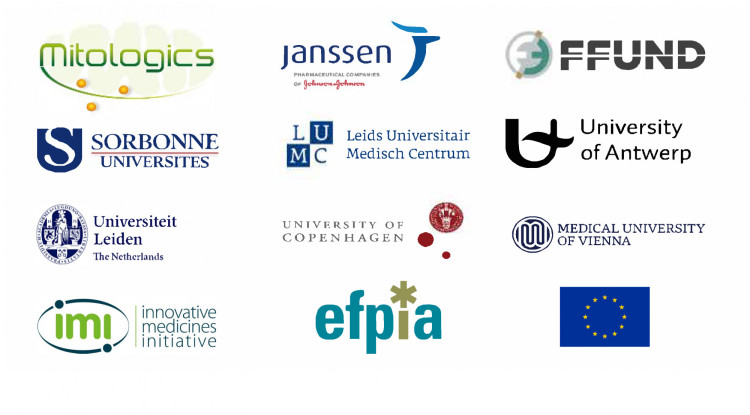.jpg)
Mycobacterium tuberculosis (Mtb) causes tuberculosis (TB), a debilitating disease that causes over 1.5 million deaths each year, more than any other infectious disease – including HIV and malaria combined.
With currently-available antibiotics, the successful treatment of TB can take up to nine months. Growing resistance to the most commonly-used TB medicines is exacerbating this public health challenge. Drug-resistant TB (DR-TB) requires an even longer treatment course of up to 1.5 years or longer – with up to 14,000 pills and, in some cases, daily injections for up to six months. And many of these medicines have toxic side effects, ranging from hearing loss to kidney failure.
To ensure better outcomes for patient – and to achieve the global goal of ending TB – there is an urgent need to develop for novel antibiotics and multi-drug regimens that are shorter, more effective, better tolerated and less prone to resistance.
The RespiriTB project aims to develop novel antibiotics that target the Mtb respiratory pathway, the energy centre of the bacterium. New treatments could be used in combination with each other – or with Janssen Pharmaceutica NV’s multidrug-resistant TB (MDR-TB) medicine, bedaquiline, which also targets the Mtb respiratory pathway, thus creating a double blow to the bacterium.
RespiriTB will also cast a wider net in the search for novel antibiotics, by targeting other essential Mtb proteins. In addition, the project will target human factors that are needed for Mtb to survive in the infected host.
Together, the partners hope to discover new medicines that will help bring the world one step close to achieving a world without TB.
.jpg)
Mycobacterium avium and Mycobacterium abscessus – two Non-Tubercule Mycobacteria (NTM) – cause millions of infections worldwide each year. Unlike for their better-known related species, Mycobacterium tuberculosis, there are currently no effective antibiotics against these pathogens and mortality rates can be as high as 30%. Therefore, there is an urgent need for antibiotics that can treat the debilitating diseases caused by the M. avium and M. abscessus.
The RespiriNTM project aims to develop novel antibiotics that target the NTM respiratory pathway, the energy centre of the bacteria. RespiriNTM will also cast a wider net in its search for novel antibiotics, by targeting human factors that are needed for NTM to survive in the infected host. Through this work we aim to develop desperately need antibiotics that work against M. avium and M. abscessus, which pose an increasing threat to global health.

Coordinator: Meindert H. Lamers (Leiden University Medical Center)
EFPIA partner: Janssen Pharmaceutica N.V.
Academic partners:
- Paul Cos (University. Antwerp)
- Tom Ottenhoff & Marielle Haks (Leiden University Medical Center)
- Koen Augustyns (University Antwerp)
- Alexandra Aubry & Nicolas Veziris (Sorbonne University)
- Bert Maes (University Antwerp)
- Markus Zeitlinger (Medical University Vienna)
- Anette Müllertz & Thomas Rades (University Copenhagen)
- Herman Spaink (University Leiden)
Commercial Partners
- Annie Borgne-Sanchez (Mitologics)
- Miriama Malcicka (FFUND)
Project Management Team
Meindert H. Lamers (LUMC)
Mima Malcicka (FFUND)
Jos Noben (Janssen)
Patricia Schel (Janssen)
Contact email
respiri.tb.ntm@lumc.nl

This project has received funding from the Innovative Medicines Initiative 2 Joint Undertaking under grant agreement No 853932 and 853903. This Joint Undertaking receives support from the European Union’s Horizon 2020 research and innovation programmme and EFPIA. The communication reflects the author's view.
Neither IMI nor the European Union, EFPIA, or any Associated Partners are responsible for any use that may be made of this information.


